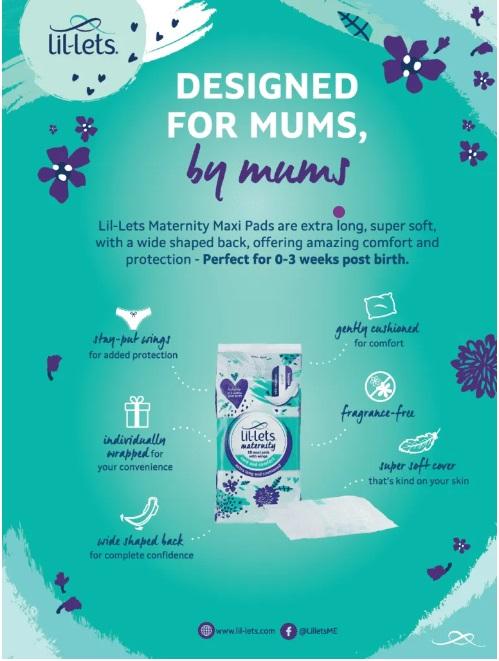Importance of Female Hygiene Products | SARAUAE

Female hygiene products are essential for maintaining women’s health, dignity, and comfort. They support various aspects of women’s well-being, from personal hygiene to confidence, and play a crucial role in overall public health. Here’s why these products are vital:
1. Health and Hygiene
- Protection Against Infections: Female hygiene products, like sanitary pads, tampons, and menstrual cups, help manage menstrual blood effectively, reducing the risk of infections, such as urinary tract infections and reproductive tract infections.
- Safe and Clean Practices: Access to safe, high-quality hygiene products enables women to manage their menstrual cycles and other hygiene needs cleanly and safely, reducing health risks associated with using unsanitary alternatives.
2. Promoting Mental and Emotional Well-Being
- Improved Confidence and Comfort: With proper hygiene products, women can go about daily activities comfortably, helping them feel more confident and reducing stress related to menstrual management.
- Reducing Stigma and Shame: In many cultures, menstruation is often stigmatized, which can lead to shame or discomfort. Quality hygiene products help normalize menstruation and empower women to manage it openly and with dignity.
3. Enabling Access to Education and Work
- Improved Attendance: Lack of access to menstrual products is a leading cause of absenteeism for young girls and women in schools and workplaces. With access to reliable products, women and girls can attend school and work without interruption.
- Enhanced Productivity: When women and girls can manage their menstrual health, they can participate fully in daily activities and avoid disruptions, improving productivity in education and professional settings.
4. Economic Impact and Employment
- Women-Led Businesses: The demand for feminine hygiene products has led to the growth of businesses, often founded by women, that produce sustainable or organic products, generating employment opportunities and contributing to the economy.
- Affordability and Access: Ensuring that women everywhere have affordable access to these essential products reduces the economic burden associated with menstrual hygiene and supports overall economic well-being.
5. Supporting Public Health Initiatives
- Educational Outreach: Access to female hygiene products often comes hand-in-hand with public health programs that educate women about reproductive health, hygiene, and menstrual care.
- Sustainable Practices: Sustainable hygiene products, like biodegradable pads or reusable menstrual cups, reduce the environmental impact associated with menstrual waste, supporting eco-friendly public health practices.
6. Encouraging Gender Equality
- Empowering Women and Girls: When women have access to products that meet their hygiene needs, it helps remove barriers to equal participation in education, work, and social activities, advancing gender equality.
- Policy and Advocacy: Raising awareness about the importance of these products can lead to improved policies, such as tax exemptions on hygiene products, access in schools, and initiatives addressing period poverty.
Conclusion
Female hygiene products are essential for women’s health, empowerment, and dignity. These products not only improve physical well-being but also play a role in social equality and economic opportunity, making them fundamental in promoting a healthier, more equitable society.
Post Your Ad Here





Comments